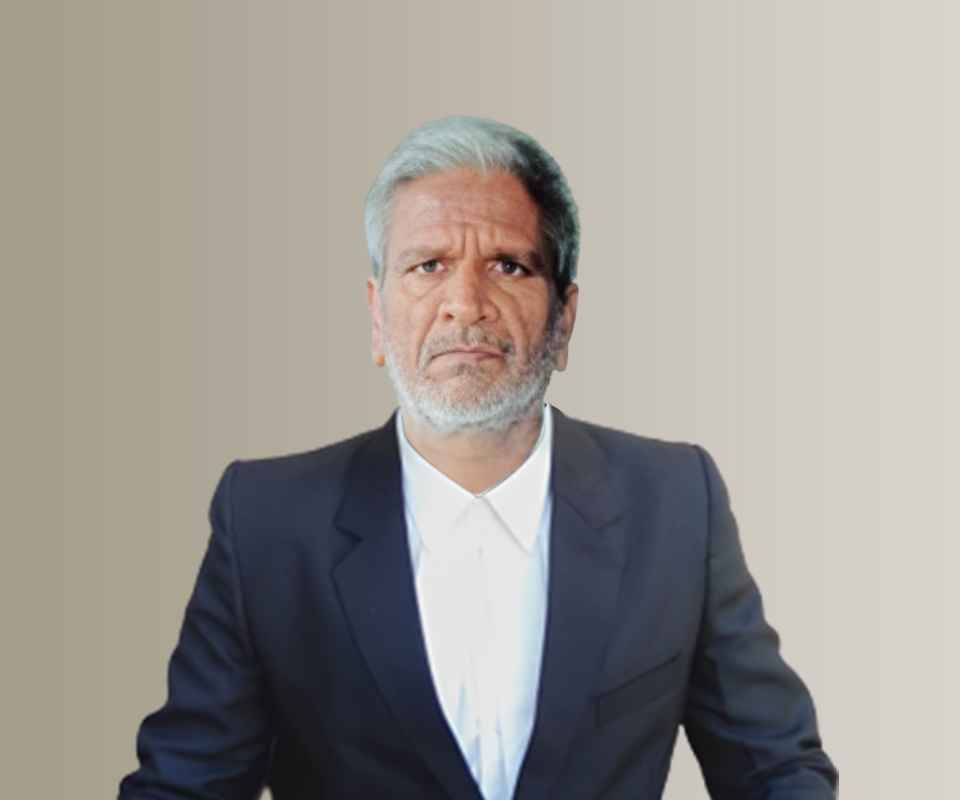Answer By law4u team
In India, orphans are provided with various legal protections aimed at ensuring their well-being, education, and overall care, especially in the absence of their biological parents. These protections are enshrined in several national laws, government policies, and child welfare schemes that focus on safeguarding the rights of orphans and vulnerable children.
Key Legal Protections for Orphans in India:
Juvenile Justice (Care and Protection of Children) Act, 2015:
The Juvenile Justice Act provides a comprehensive framework for the care and protection of children who are in need of care and protection, including orphans. The Act establishes a system for the rehabilitation, care, and social reintegration of children who are orphaned, abandoned, or surrendered. Under this Act, the Child Welfare Committees (CWC) play a key role in determining the best interests of orphans and ensuring that they are provided with suitable living conditions.
Adoption Laws (Hindu Adoption and Maintenance Act, 1956; Juvenile Justice Act):
For orphans, adoption is a legal avenue that ensures they are cared for and integrated into families. The Hindu Adoption and Maintenance Act, 1956 allows for the adoption of children, including orphans, by Hindus, while the Juvenile Justice Act, 2015 provides the framework for adoption of orphans and abandoned children under the laws governing adoption in India. The Central Adoption Resource Authority (CARA), a government body, facilitates the process of adoption, ensuring that orphans are placed in safe and loving homes.
National Commission for Protection of Child Rights (NCPCR):
The NCPCR is a statutory body that safeguards the rights of children in India, including orphans. It monitors the implementation of laws related to child welfare and ensures that orphaned children are provided with access to basic rights such as education, healthcare, and shelter. The Commission also works to prevent child exploitation and trafficking, providing additional layers of protection for vulnerable children.
The Right of Children to Free and Compulsory Education (RTE) Act, 2009:
Under the RTE Act, every child, including orphans, has the right to free and compulsory education up to the age of 14. This ensures that orphans, even if they are living in orphanages or foster homes, have access to schooling and education without the burden of fees or other financial constraints. This law plays a critical role in giving orphans the opportunity for a better future.
Child Protection Scheme:
The Integrated Child Protection Scheme (ICPS) aims to provide a supportive framework for children in need of care and protection, including orphans. The scheme ensures the establishment of child homes, observation homes, and specialized adoption agencies, where orphans are provided with shelter, education, healthcare, and emotional care. This initiative works through state governments and NGOs to ensure that orphans receive holistic support.
Orphanages and Children’s Homes:
In India, there are several orphanages and children's homes that are licensed under the Juvenile Justice Act to care for orphaned children. These institutions are required to meet specific standards of care, including providing for the physical, emotional, educational, and social needs of orphans. They are overseen by state authorities and are also subject to regular inspections by child welfare committees to ensure that children’s rights are upheld.
Legal Guardianship:
In the absence of biological parents, legal guardianship can be an option for orphaned children. Guardianship is a legal arrangement where an individual or institution is appointed to care for the child and make decisions on their behalf, particularly with regard to education, healthcare, and overall well-being. The Guardian and Wards Act, 1890 allows for the appointment of a guardian by the court for children who have no parents or where the parents are incapable of providing care.
National Child Labour Project (NCLP):
The National Child Labour Project works towards the rehabilitation of children, including orphans, who are at risk of child labor. It provides support to orphaned children who might be forced into labor due to financial hardships. The project focuses on rehabilitating these children, providing education, and ensuring their protection from exploitation.
Financial Assistance and Welfare Schemes:
The Government of India offers various financial assistance schemes for orphaned children to ensure their welfare. For example, under state-sponsored orphan support schemes, orphans may receive financial aid to support their education, healthcare, and other basic needs. The Central Welfare Fund also assists orphans by providing grants for their sustenance and integration into society.
Protection from Exploitation and Abuse:
Orphans are particularly vulnerable to exploitation and abuse. The law provides special safeguards under the Protection of Children from Sexual Offences (POCSO) Act, 2012, and the Child Labour (Prohibition and Regulation) Act, 1986 to protect orphaned children from sexual abuse, trafficking, and exploitation. Child welfare agencies work closely with law enforcement to ensure that orphans are not subjected to harmful practices.
Example:
A child who has lost both parents and is living in an orphanage in India will be protected under the Juvenile Justice (Care and Protection of Children) Act. The orphanage will be required to ensure the child’s safety, provide them with education under the RTE Act, and possibly initiate the adoption process if suitable. The child will have access to healthcare, emotional care, and may also benefit from government schemes aimed at orphan welfare.
Conclusion:
In India, orphans are provided with a range of legal protections aimed at ensuring their safety, welfare, and access to education, healthcare, and emotional support. Through national laws such as the Juvenile Justice Act, adoption frameworks, and child welfare schemes, orphans are given opportunities for a better life, free from exploitation or neglect. The government, in collaboration with non-governmental organizations, plays an essential role in providing these protections and promoting the welfare of orphaned children across the country.







